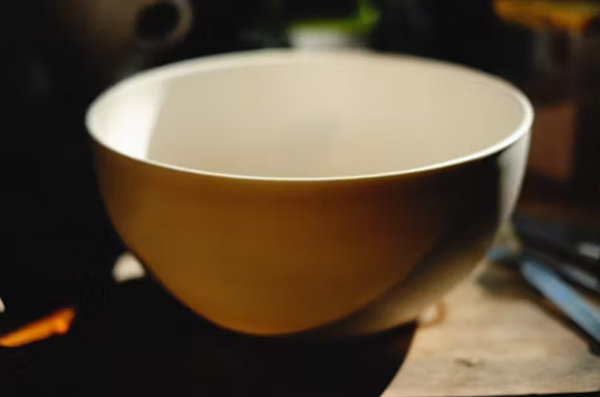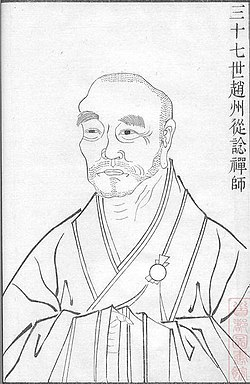Wash your bowl

When I watch Chinese movies, I’ll often hear chéngyǔ These are idioms that are relatively common sayings, but their meaning is much deeper than the words that are spoken.
And simillarly, there are cases in Zen Buddhism that are known as Koans or [gōng’àn] Koan . These are paradoxical anecdotes or riddles, presented without solutions. They demonstrate the inadequacy of logical reasoning and provoke enlightenment.
In both cases, I hear Chinese people throw these into conversations, and I’m often left looking up what on Earth they are talking about.
One Koan that I heard recently, was a mother talking to her son about washing your bowl. Now that can seem innocuous enough, but I suspected there was meaning beyond the obvious, and of course there was.
Zhaozhou Congshen

Zhaozhou Congshen was a monk that was born in the 8th century, and died in the 9th century. He is famous in Chinese Zen. Essential Buddhist.com notes that he appears in 20 koans — more than any other Zen Master except Yunmen .
The famous story is this:
A new monk said to him: I have just entered the monastery: please give me some guidance.
Zhaozhou’s reply was: Have you had breakfast yet?
The new monk answered: Yes, I’ve eaten.
And Zhaozhou told him: Then go wash your bowl.
Zhaozhou is known for the down-to-Earth nature of most of his stories. In this case, he’s providing some simple advice:
- Pay attention to what’s needed right now
- Keep doing this, as all we have is the current moment
The Essential Buddhist article describes the whole approach as constantly just do the next right thing.
I love these stories,
2025-05-10
